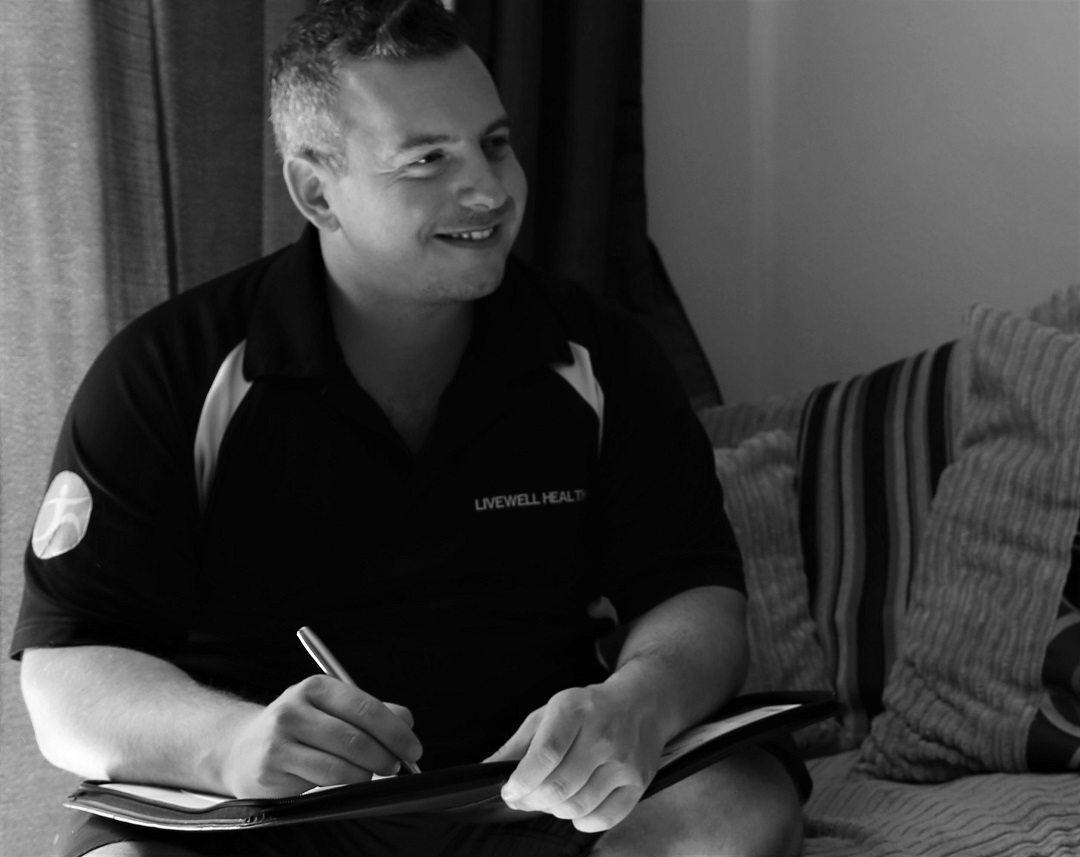Should I Cold Plunge Before or After a Workout?
Cold water immersion, often referred to as a “cold plunge,” has grown in popularity, with many athletes and fitness enthusiasts embracing it for its numerous health benefits. Known for its potential to reduce muscle soreness, boost mental health, and improve factors such as blood pressure and body fat levels, cold plunging is often hailed as a powerful recovery tool. But when should you incorporate a cold plunge into your workout routine—before or after exercise?
The Benefits of Cold Water Therapy
Cold water therapy offers several benefits, especially in the realm of sports and recovery. Athletes commonly use it to reduce muscle damage and delayed onset muscle soreness (DOMS) after intense workouts. The cold temperature constricts blood vessels and reduces inflammation, helping muscles recover faster by flushing out waste products such as lactic acid.
Beyond physical recovery, cold plunging has also been shown to support mental health. The shock of cold water can trigger the release of endorphins and adrenaline, which can reduce stress and improve mood. Regular cold immersion may also help regulate blood pressure, improve circulation, and even reduce body fat.
Cold Plunging After a Workout: A Double-Edged Sword
Given these benefits, it might seem like a no-brainer to hop into a cold plunge after every workout to speed up recovery. However, the science behind cold plunging post-workout suggests a more nuanced approach.
While cold plunging reduces muscle inflammation and soreness, it can also interfere with a crucial aspect of strength training—muscle growth. During exercise, muscle fibers undergo microscopic damage, and the body’s inflammatory response triggers the healing process. This inflammation is necessary for muscle repair and growth, known as hypertrophy.
When you cold plunge immediately after a workout, you reduce the inflammation needed for this process, which could slow down muscle growth. Studies show that while athletes who regularly use cold plunges still see muscle growth, the gains are not as significant compared to those who avoid cold plunging after strength training.
Cold Plunging Before a Workout
Cold plunging before a workout can offer a different set of benefits. Some people find that a quick cold plunge before exercising improves alertness, sharpens focus, and provides an energy boost. The cold water can wake up the nervous system, making you feel more refreshed and ready to tackle your workout.
However, there are potential downsides to cold plunging before exercise. The body’s muscles may stiffen after exposure to cold temperatures, potentially reducing flexibility and mobility. If your workout requires a lot of dynamic movements, or if you’re lifting heavy weights, a pre-workout cold plunge might not be the best option as it could limit your range of motion or even increase the risk of injury.
So, Should You Cold Plunge Before or After?
The answer depends on your fitness goals and current needs:
- For muscle growth and strength: If your primary goal is to build muscle, avoid cold plunging right after workouts. The reduction in inflammation could hinder the hypertrophic process and slow down your muscle gains.
- For fast recovery: If you’re preparing for a sports tournament, race, or multiple events in a short time, cold plunging after workouts can speed up recovery, reduce soreness, and help you perform at your best in a short time frame.
- For mental and physical refreshment: A cold plunge before a workout may provide an energising boost and improve mental focus, making it a good option for those seeking a fresh start to their exercise routine.
Conclusion
Cold plunges offer numerous benefits, but timing is key. If muscle growth is your primary goal, save your cold plunges for non-training days or use them strategically to enhance recovery between competitive events. Always listen to your body and consider your unique fitness goals before incorporating cold water therapy into your routine. And, if you have underlying health conditions, consult your doctor before starting any form of cold immersion therapy.
For further help with your training, and or recovery contact our amazing Sports Therapists and Personal Trainers at 0330 043 2501, info@livewellhealth.co.uk or contact us through our website.


